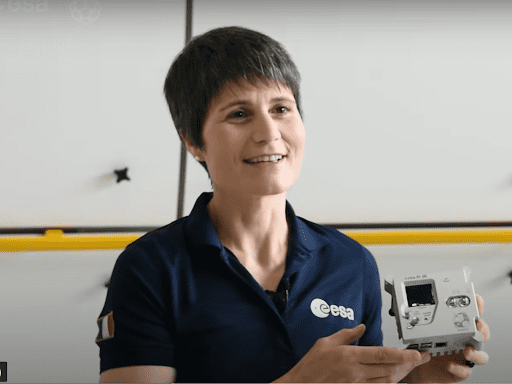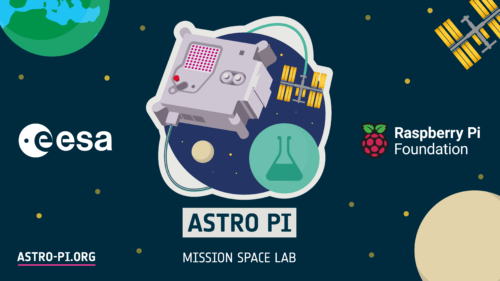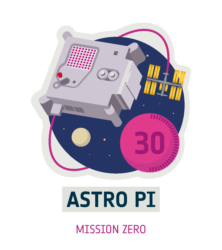The European Astro Pi Challenge is back for another year. This is young people’s chance to write computer programs that run on board the International Space Station.

Young people can take part in two Astro Pi challenges: Mission Zero and Mission Space Lab. Participation is free and open for young people up to age 19 in ESA Member States (see more details about eligibility on the Astro Pi website). Young people can participate in one or both of the challenges.
Their programs will run on the two new upgraded Astro Pi computers, which launched into space in December 2021. The Astro Pis were named after the two inspirational European scientists Nikola Tesla and Marie Skłodowska-Curie by Mission Zero participants. For the 2021/22 European Astro Pi Challenge, these new computers ran over 17,000 programs written by young people from 26 countries.
Here is ESA astronaut Matthias Maurer getting the new Astro Pis ready for young people’s experiments.
You can register for Mission Space Lab from today
In Mission Space Lab, teams of young people work together with a mentor who supports them, as they design a scientific experiment to be run on the Astro Pis in space.

Teams write programs that use an Astro Pi’s sensors and camera to collect data from the International Space Station, which the teams then analyse. This video has more information about the Astro Pi computers and how teams can choose an experiment idea:
Registration for Mission Space Lab is now open, and participation takes place over eight months. Mentors need to register their team and submit the team’s experiment idea by 28 October 2022. For more details on how to register, visit the Mission Space Lab webpages.
For inspiration, you can read the reports written by the winning teams for Mission Space Lab 2021/22. What will your team’s experiment idea be? We can’t wait to hear about it.
Mission Zero is starting soon
Mission Zero is the beginners’ challenge where young people write a simple program and get a taste of space science.

All eligible programs that follow the official guidelines will run in space for up to 30 seconds. The young people who participate receive a certificate they can download which shows their program’s exact start and end time, and the position of the ISS when their program ran — a piece of space science history to keep!
Mission Zero opens on 22 September 2022. Watch this space for more details on launch day.
Stay up to date
The European Astro Pi Challenge is an ESA Education project run in collaboration with us here at the Raspberry Pi Foundation.
You can stay up to date with all of the latest Astro Pi news by following the Astro Pi Twitter account or signing up to the newsletter at astro-pi.org
Website: LINK

